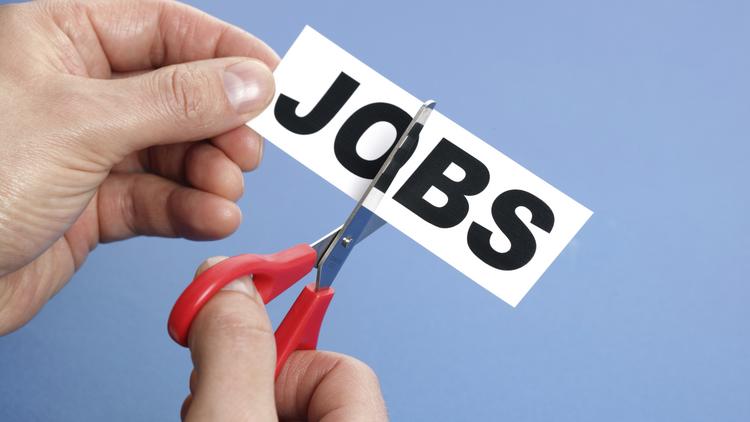Stand Downs: A Business Survival Tool, But Tread Carefully
The COVID-19 pandemic was a rollercoaster for businesses worldwide, forcing many to navigate uncharted territory. Among the tough decisions employers faced, the concept of “stand downs” emerged as a potential lifeline. But what exactly is a stand down, and when can it be used legally and ethically? Let’s dive deeper into this complex issue.
Decoding the Stand Down
In essence, a stand down is a temporary pause in an employee’s work, where they remain employed but are not required to perform their duties and, consequently, are not paid. Importantly, during a stand down, employees retain their entitlements and can even utilise accrued annual or long service leave.
The rules governing stand downs can vary. They might be outlined in industrial instruments like Modern Awards or Enterprise Agreements, in individual employment contracts, or, in the absence of specific provisions, fall under the Fair Work Act. These sources detail the circumstances under which stand downs are permitted and any procedural requirements, such as notice periods.
When Stand Downs Are Justified
Before even considering a stand down, employers must thoroughly review all relevant contracts and industrial instruments. If they contain stand down provisions, adherence to those procedures is paramount.
In the absence of specific provisions, the Fair Work Act comes into play. However, it’s crucial to understand that even during a crisis like a pandemic, stand downs are only permissible in limited situations. Let’s explore a few examples:
- Government-Mandated Closure: If a business is forced to close due to a government order related to non-essential services, and there is genuinely no work for employees to perform, even remotely, a stand down may be justified.
- Widespread Quarantine: If a substantial portion of the workforce is in self-quarantine, making it impossible to usefully employ the remaining staff, a stand down might be considered.
- Supply Chain Disruptions: If a work stoppage occurs due to a lack of supply beyond the employer’s control, a stand down could be an option.
- Unforeseen Events: The Fair Work Act also allows for stand downs in cases of work stoppages for any reason beyond the employer’s reasonable control.
Each situation demands careful scrutiny. The necessity for the stand down must be directly tied to the specific circumstances. Employers need to ask themselves:
- Redeployment Opportunities: Are there other roles within the business where affected employees could be utilised?
- Genuine Lack of Control: Is the work stoppage truly outside the employer’s influence, like a government-mandated closure?
The Red Lines: When Stand Downs Are Not Allowed
It’s equally important to recognise when stand downs are not permissible. Financial hardship or a general economic downturn, while undoubtedly challenging, do not automatically justify a stand down under the Fair Work Act.
The Risks of Getting it Wrong
Improperly or unlawfully implementing a stand down can have serious consequences for employers. These may include back pay orders, reinstatement of employees, and even financial penalties.
Conclusion: A Last Resort, Not a First Response
Stand downs are a complex and sensitive issue. They should only be considered after exploring all other options, such as adjusting hours or benefits in agreement with employees. Always seek expert advice before taking this step.
Need a Helping Hand?
If you’re grappling with the complexities of stand downs or need any HR guidance during these challenging times, don’t hesitate to reach out to Employee Matters. We’re here to help you navigate the complexities and make informed decisions that protect both your business and your employees. Call us at (02) 8021 4206 or email us at info@employeematters.com.au.

